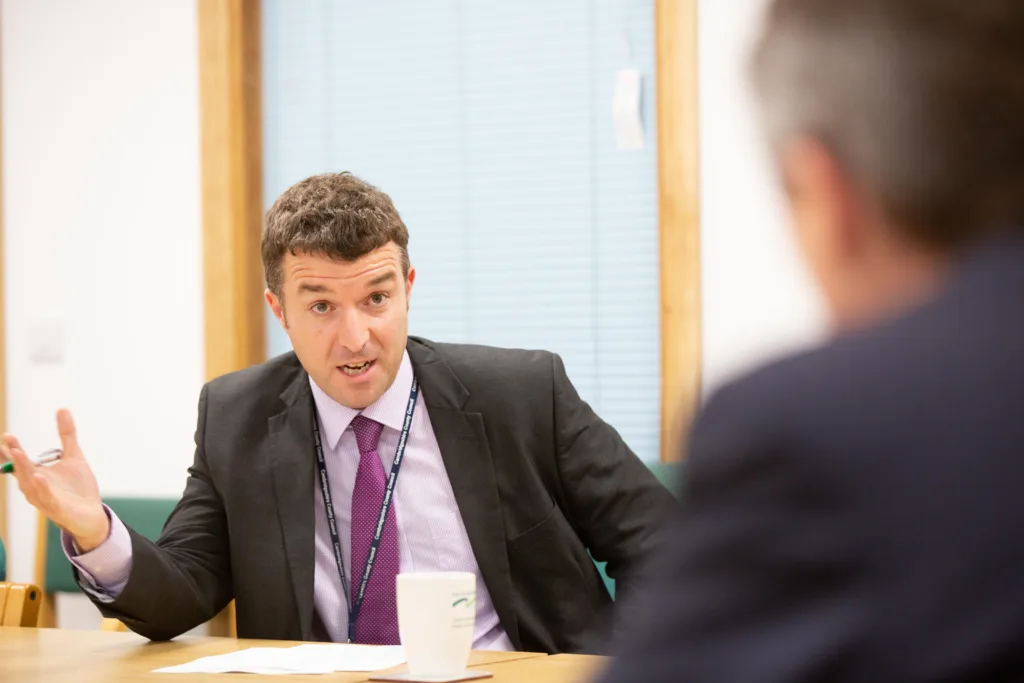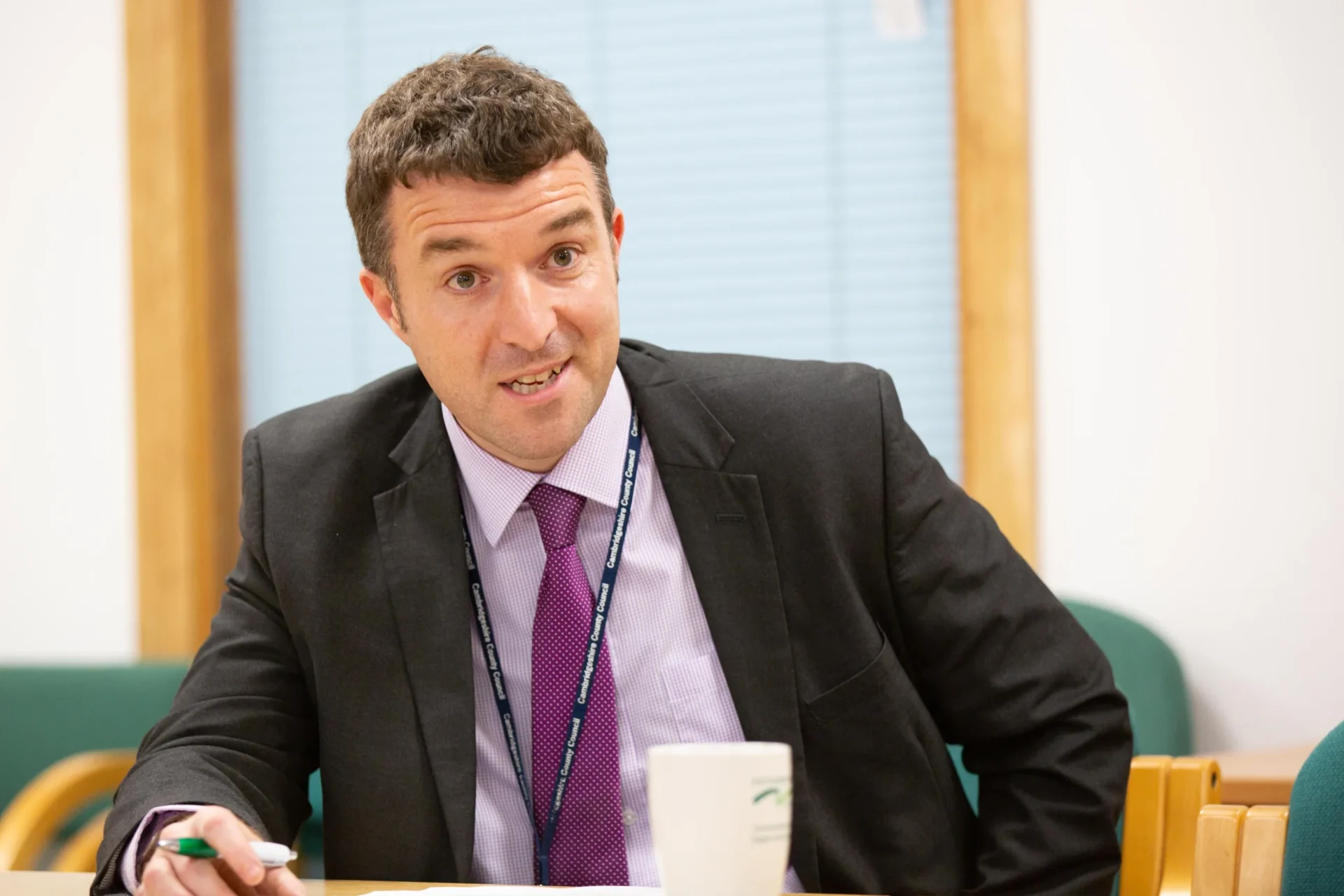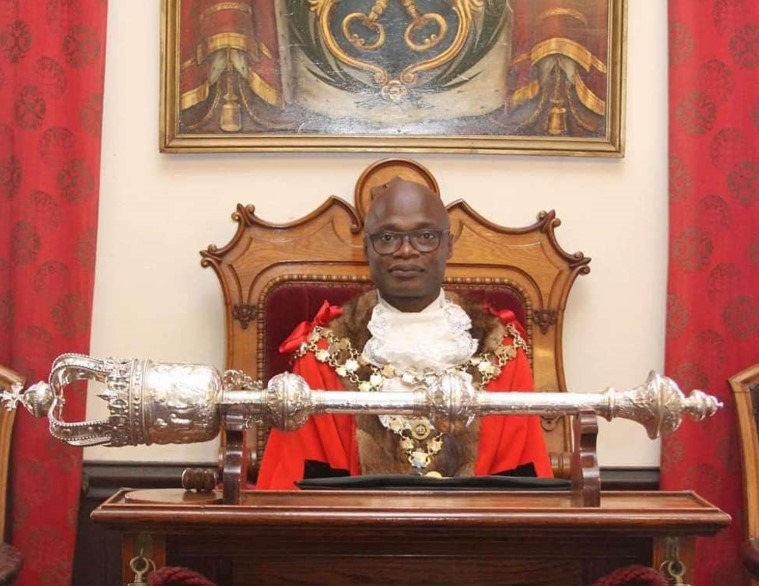The second of four teachers’ strikes in the eastern and Midlands region is due to take place on Wednesday 1 March.
At the last strike on 1 February, 145 schools in Cambridgeshire (54%) remained open, with 85 schools (32%) partially open and 10 schools (4%) closed.
Others were open for vulnerable or critical worker children only.

Picture by Terry Harris.
March 1 is the second of four strike days announced by the National Education Union (NEU) in a dispute over teachers’ pay and the underfunding of education generally.
The first strike took place on February 1 and further strikes are due to take place on March 15 and 16 across the whole of England and Wales. This week’s strike will affect the Eastern region, East Midlands, and West Midlands only.
The Department for Education (DfE) has said it expects headteachers to take all reasonable steps to keep schools open for as many pupils as possible.
The decision to open, restrict attendance, or close a maintained school is for the headteacher.
The decision for academies rests with the relevant academy trust but is usually taken by the principal.
Headteachers will again be notifying parents and carers before Wednesday if they can, whether they expect their schools to be open, closed, or partially closed.
While employees are not required to tell their employers whether they intend to take strike action, headteachers are entitled to ask staff in advance if they intend to strike so they can plan how to manage the strike.
Decisions to be made on health and safety
Without a firm understanding of who is striking, school leaders must consider the impact on the health and safety of children and staff in deciding whether they remain fully open.
Jonathan Lewis, director of education for Cambridgeshire, and Peterborough said: “Schools are again anticipating significant disruption. Even schools which are fully open will see some disruption to the curriculum.
“We will be collating information on which schools are closed or partially closed and updating our website regularly.
“Headteachers are writing to parents to allow them to make decisions. In the case of full closure, schools are being encouraged to support vulnerable children and critical worker children, although capacity is likely to be limited.”
Where schools have no option but to restrict attendance, they should consider, where possible, providing remote education.
Striking teachers cannot be compelled to set work for students to complete on the day of the strike and are encouraged by the NEU not to do so.
Here’s the advice of DfE
Advice from the DfE is that there is no legal requirement for schools to teach the curriculum on strike days and the offer around schools is likely to be limited.
The county council will be updating the school closures page on its website regularly, as soon as schools provide information about closures on strike day: School closures – Cambridgeshire County Council























